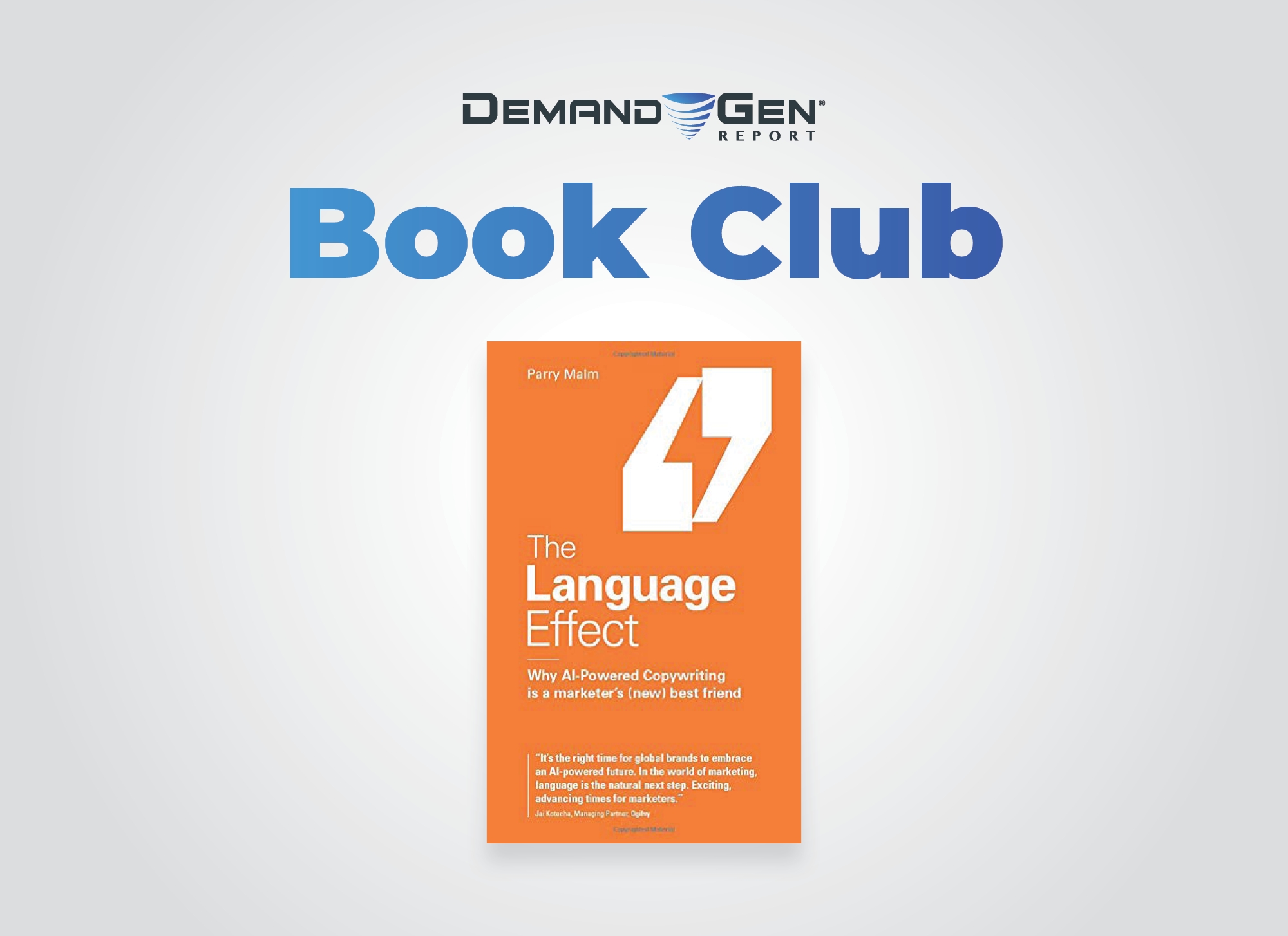COVID-19 has changed the game for everyone in martech. In the age of social distancing, a crucial component of reeling in customers – the in-person event – has been suspended indefinitely. Now more than ever, it is important to reach consumers and prospects over digital channels, whether it be email, digital ads, webinars and more. So, it’s on the B2B marketer to create copy that resonates and incites consumers to purchase their products. The future of the company depends on it.
But is that even possible?
Language is complex, and while copywriters are probably essential workers in marketing, there isn’t necessarily a way for a human to scale copywriting to attract tens or even hundreds of thousands of customers to your site. Which means that technology, specifically AI, must step up to take over the human-centered approach of copywriting.
Parry Malm, CEO and Founder of Phrasee, a tool that uses AI to write email subject lines, recently published a book called The Language Effect: Why AI-Powered Copywriting Is A Marketer’s (New) Best Friend. Part history of marketing, part how-to manual, Malm encourages marketers to be “marketers of the future” and to leverage technology to create personal connections with copy at scale, instead of remaining with the status quo. Taking the safe bet can cost your company tens or even hundreds of thousands of dollars, severely damaging a company’s bottom line. Using a relatively simple formula, Malm illustrates what just a 2% decrease in open rates using non-optimized copy can do to potential revenue.
“Using non-optimized language in your campaign’s email subject line [can] cost your brand $10,000 in potential revenue from a single email marketing campaign,” Malm wrote in the book. “And that’s just one email send. Extrapolate that across all your social ads, push messages, search ads, your website and the like — and you’re leaving millions of dollars on the table.”
Packed with humorous case studies and clear examples of how to get started on AI-copywriting, Malm’s message can be timely for marketers looking to stand out from a field of noise. The critical component of language has always been key when it comes to communicating, persuading and convincing. The fundamental principles of marketing remain the same in a highly digitized and uncertain world. It’s a pretty quick read, too — you can get through it an evening with a stiff drink after a day of Zoom calls. The motivated marketer may see it as a call to action to make critical decisions quickly — before potential revenue and clients slip through your fingers.







